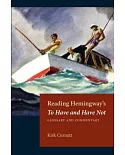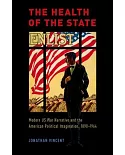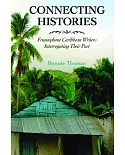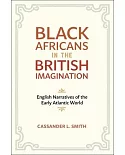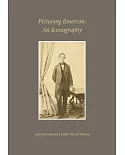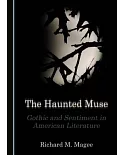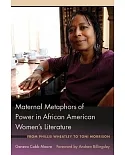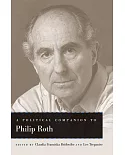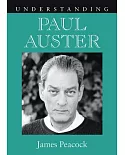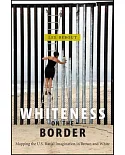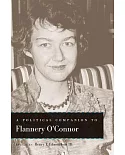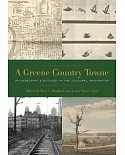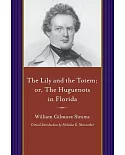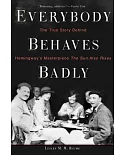Hybrid Nations examines the critical role that gender plays in the formation of national identities in Latin America that are negotiated and challenged within extreme gendered struggles for
power. In the years following independence, many writers utilized oppositional concepts of gender in order to contest hegemonic governments and introduced in their works national male subjects
that would replace the more caudillistatype rulers. During the nineteenth century and throughout the nation-building era in Latin America, conceptualizations of gender fluctuated in large part
due to the scientific and philosophical trends that circulated in Europe, as well as the tumultuous atmosphere provided by independence. Due to the criss-crossing of gender codes that were
manipulated in order to realize the status of power, traditional perceptions based on the binary status of gender are simultaneously displaced or deconstructed, resulting in the formation of
ambiguous or even androgynous male national subjects.


